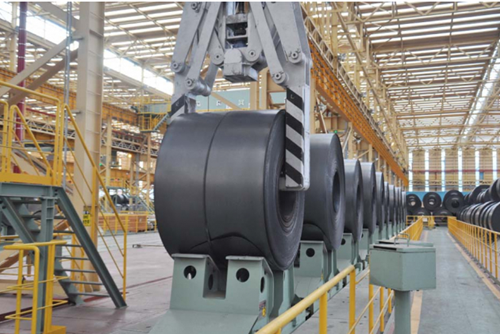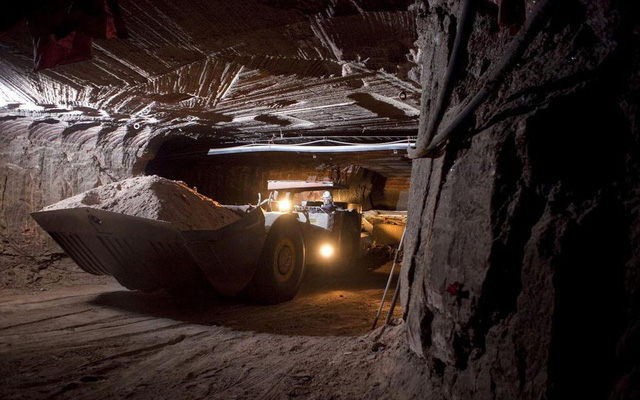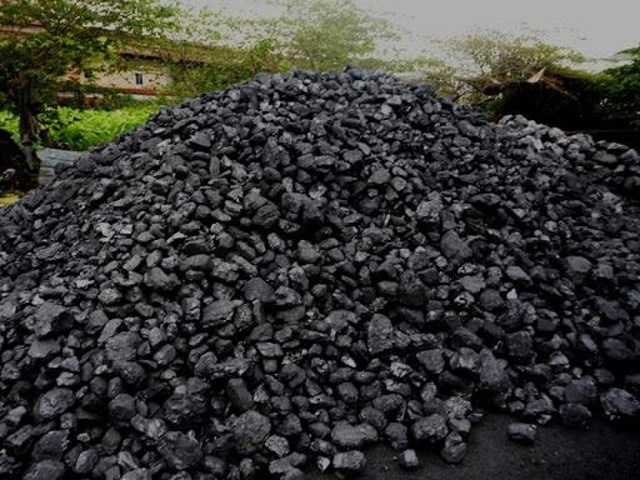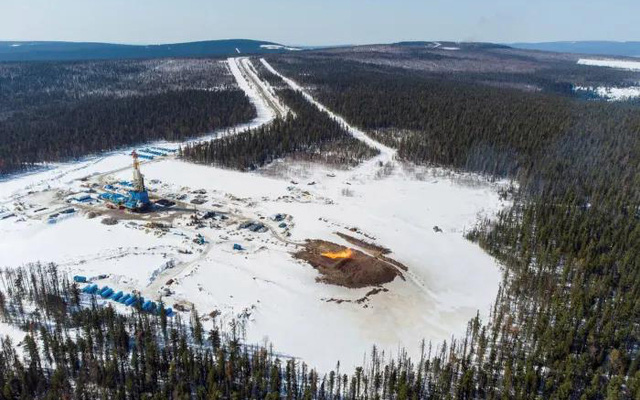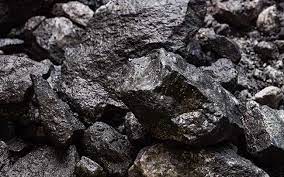Coking coal prices in Dalian rose nearly 16% on the impact of the five-day protests. Coke prices in Dalian rose for the eighth consecutive session. Iron ore prices continued to fall deeply because investors did not stop selling after the short-term recovery of iron ore.
Coke prices on September 8 fluctuated between gains and losses after a rally as market regulators announced an increase in transaction fees for actively traded contracts.
China’s Dalian Commodity Exchange on September 7 announced an increase in handling fees for October, November, December and January contracts, effective from night trading. Wednesday 9/8.
Coke for January delivery ended the morning session down 0.7% at 2,827.50 CNY ($437.51) per ton, after gaining 15.7% in the past five sessions.
The most traded coke price in January increased 0.4% to CNY 3,578.50/ton.
The supply of coking coal in China is tightening,While iron ore prices in Asia are falling, coking coal prices are moving in the opposite direction, due to China’s import ban from Australia and the struggles on supply. In addition, local coal mines have weak output due to environmental and safety restrictions, which has boosted the price momentum of steelmaking raw materials.
Coke prices have increased 170% since the end of 2020 and are close to the highest close of $299.33/ton reached in November 2016.
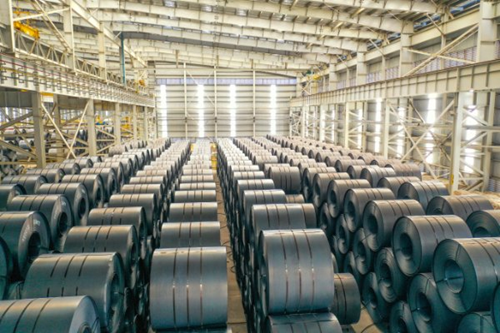 |
Prices of rebar on the Shanghai futures exchange on September 8 fell 1.7%, while hot rolled coil fell 1.6%.
Australia is the world’s largest exporter of coking coal, the other key raw material for steel production besides iron ore, and a major supplier to China, the world’s largest steel producer, before Beijing. unofficial import ban. The ban was introduced last year as part of a political dispute with Canberra that is still continuing.
The United States is the world’s second-largest shipper of coke, and commodity prices at the Hampton Roads port are at record highs, according to the Argus commodity price reporting agency.
It is likely that exports from Australia and the US will return to more normal levels in the coming months, which could ease some of the supply constraints.
While China has imposed bans or restrictions on a number of imports from Australia, including barley, lobster and wine, it has left alone the largest of which is ore. Iron.
Supply concerns grew after COVID-19 restrictions also affected coal shipments from Mongolia, with two other COVID-19 cases linked to drivers detected this week. at Ganqimaodu Port in Inner Mongolia, China.
Strong domestic coal demand and tight supply in China will pave the way for increased imports to replenish inventories.
With the ban on coal imports from Australia, Chinese steelmakers will have to look for supplies from other major sources such as Russia and the US, analysts say.
Iron ore, another key steelmaking input, also fell, with January iron ore delivery in Dalian down 1.3%. Iron ore for October delivery on the Singapore Exchange down 4.2%.
“China’s ongoing capacity constraints suggest that steel production is slowing, we must monitor compliance (mills) as profitability remains in place,” said ANZ analysts. still attractive”.
Prices of rebar on the Shanghai futures exchange on September 8 fell 1.7%, while hot rolled coil fell 1.6%. Stainless steel prices fell 2%.
Source: VITIC/Reuters
T&G International Joint Stock Company
Address: 352 Hue Street, Le Dai Hanh Ward, Hai Ba Trung District, Hanoi
Hotline: 0345786803
Email: hrm@tginterjsc.com
Website: http://tginternationaljsc.com



